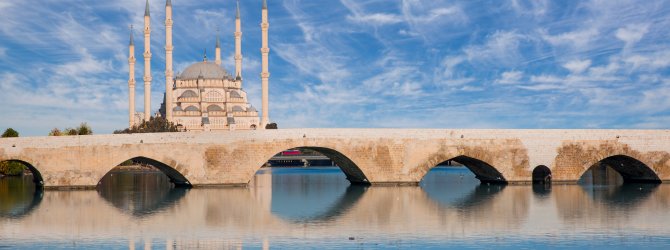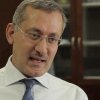-
Engaging Muslim Leadership in the Post 2015 Sustainable ...
Engaging Muslim Leadership in the Post 2015 Sustainable Development Goals

The emergence of the market-led development model has resulted in degradation and exploitation of the world’s natural capital. Since the industrial revolution, humans have consumed most of the non-renewable fossil fuels developed over the last 250 million years. This has been done in the name of economic development. If humans continue to pursue this ‘growth for the sake of growth’ development model, the Earth will not be able to sustain ecosystem service for future generations. A huge challenge is that market-based models lack coherent checks and balances. Markets do not tell us the ecological truth, and GNP as a metric for growth does not reflect the health and wealth of nations. As a result, human decision-making suffers from ecological amnesia, blind spots or ‘nature-deficit-disorder.’
These global ecological trends expose society as being on the brink of irreversible environmental change. Transforming society and the world’s economy to a sustainable model is arguably the 21st century’s most significant challenge. This state of imbalance is referred to as “fassad” in Islam. Since ecology is about interdependence and social learning, sustainable development is a neutral platform for dialogue between cultures in the East and West. Modalities to harness local knowledge and cultural norms to inform sustainability should be encouraged. Islam as a worldview and a way life can provide a fresh insight with respect to the human environment in the globalized market economy. This worldview not only defines what constitutes a good life ‘hayat tayebah’ but also might guide the reform of the current development model. Islamic development models are based on the principle of ‘living lightly on earth’ (Zohd) and might be seen as a framework within which to limit our ecological footprint. Islam might also add a fourth dimension to the mainstream sustainability model based on ecology, society and economy; namely faith and spirituality. The Islamic discourse also offers a sense of optimism about the possibility of re-aligning the human compass:
ظَهَرَ الْفَسَادُ فِي الْبَرِّ وَالْبَحْرِ بِمَا كَسَبَتْ أَيْدِي النَّاسِ لِيُذِيقَهُم بَعْضَ الَّذِي عَمِلُوا لَعَلَّهُمْ يَرْجِعُونَ
Corruption has appeared in both land and sea
Because of what people’s own hands have brought
So that they may taste something of what they have done
So that hopefully they will turn back
Qur’an 30: 41
The Sustainable Development Goals (SDGs) have been formulated to purposefully address regional challenges, including poverty, unemployment, food insecurity, gender disparities, child and maternal mortality, access to safe drinking water and the gap between rural and urban areas as well as between the rich and poor. The key question is how Islamic leaders can contribute to address these developmental issues?
A key feature of the post-2015 agenda is that it offers a framework for responding to the emerging needs and challenges in an integrated approach that combines economic, social and environmental sustainability with the principles of good governance, human rights and equity. Again, Islamic values and culture can play a key role in addressing these challenges.
What is needed are transformational Muslim leaders to enhance and support a discourse on sustainability. As demonstrated by the Islamic Declaration of Climate Change recently launched in Istanbul, there is enormous scope for Muslim leaders to contribute to, enrich and influence this discourse. Other entry points might include:
1. Harnessing the wisdom (hikma) and local knowledge of Islamic civilization.
2. Activating local development models such as al hima (protected area) and waqf for development.
3. Engaging in global dialogues on the mainstreaming faith and spirituality to support sustainable development.
4. Advocating for policy change; for example, Islamic values and its definition of public interests and the “no injury principle” can inform development policies on what constitutes ‘dangerous interference’ with the climate system.
At the same time, Muslims leaders have a responsibility to open this discourse to the public, through the notion of global citizenship in Islam, or the ‘median community’ (ummah wasat). The Quran is replete with examples of environmental good governance. A clear example is the teachings and practices of the Prophet Muhammad, whom abhorred consumerism and waste, showed compassion to all communities of life, and encouraged the planting of trees and productive work. The world’s 1.6 billion Muslims need to be empowered with a mandate and responsibility to channel the spiritual and moral force of Islam towards the building of sustainable human civilization and a resilient future.
About the Author:
Professor Odeh Al-Jayyousi is an independent consultant in sustainability, technology and innovation. He was the vice president for science and research at the Royal Scientific Society (RSS) in Jordan during 2011-2013. He was the regional director for IUCN – The International Union for Conservation of Nature - West Asia / Middle East regional office during 2004-2011. He published a book on “Islam and sustainable development”, UK, (2012). He was a consultant to WB, USAID, GIZ and UN agencies. E-mail: odjayousi@gmail.com

